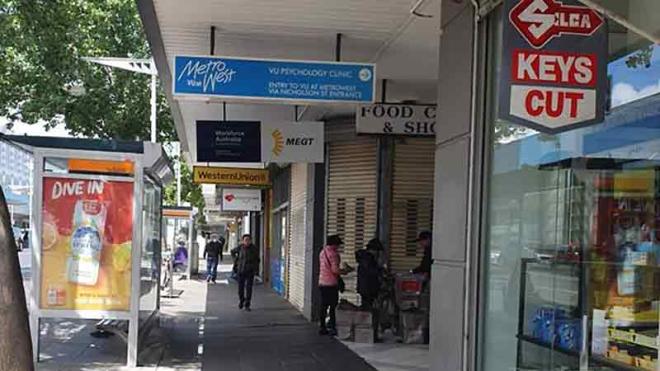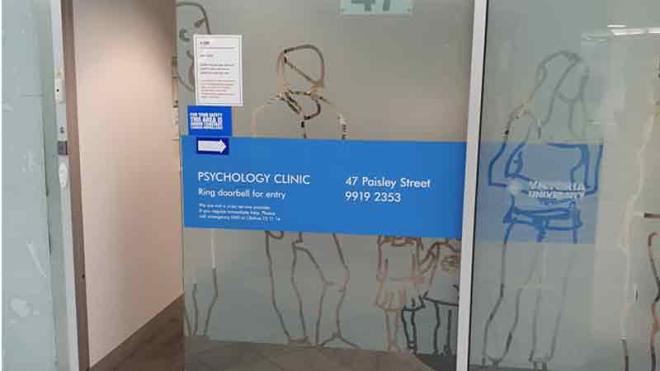Who is the Insomnia Clinic for?
The Insomnia Clinic is designed for individuals who have had trouble sleeping for many months or more and their poor sleep interferes with their daytime functioning. People may have problems falling asleep, staying asleep and/or waking up too early with trouble falling back to sleep. It is a Cognitive Behaviour Therapy (CBT) based program specifically adapted for insomnia. Referrals are accepted from a wide range of sources, including self-referrals.
Those wishing to undertake the program will be contacted by phone prior to the clinic commencing. Part of this phone conversation with a clinician will involve an initial screening interview for possible untreated sleep apnea or another sleep disorder that would require different treatment. We do not exclude people who may be experiencing some mental health issues such as depression or anxiety, who may be taking sleeping tablets on an ad hoc basis or who are using a CPAP machine.
How will it run?
The Insomnia Clinic is a six week program, undertaken entirely online using Zoom. It involves two contact periods each week and these are arranged at a time that is convenient to the participants, often in the late afternoon or early evening. The first is a 45-60 minute educational session on a Monday or Tuesday each week which discusses a wide variety of issues related to sleep and how it can be improved, run by two clinicians with 2-6 participants. This is immediately followed by a 30-minute relaxation and stress reduction session, which introduces a new technique each week. Each participant will also have a weekly one-to-one session with their assigned clinician to follow up on issues raised in the educational session and discuss treatment strategies most relevant to their particular circumstances and sleep problems. This one hour session is arranged to be at a mutually agreeable time.
Participants will be asked to keep a daily sleep diary on which they record aspects of each night’s sleep. Questionnaires are also completed at the beginning and end of the six-week program. This clinic is pioneering in the sense that, while the effectiveness of CBT for insomnia programs in improving sleep quality and quantity is very well-established, there is no published data on its effectiveness using an entirely on-line format with weekly educational and one-on-one sessions. Each participant will be given the option of having their self-report data included in a research study assessing the effectiveness of the six week online program (after giving signed informed consent). Opting out of the research study component does not affect participation in the clinic in any way.
Clinicians are all post-graduate provisional psychologists undertaking their training in clinical, community or general psychology and all are closely supervised by a psychologist with over 30 years of academic, research and clinical experience with sleep disorders (Emeritus Professor Dorothy Bruck).
This program has been running at Victoria University since 2018 and we have a proud record of our participants reporting significant improvements in their sleep as a result of their engagement with the behavioural and cognitive treatment strategies that this program includes.
The program is free of charge but we do ask everyone to commit to weekly participation for the six weeks.
When are the programs run?
Victoria University offer two intakes of the Insomnia Clinic. The first six week program will commence in late June and the second one will begin in late October. We recommend submitting your registration form at least two weeks before each program begins as there is a screening process (for non-insomnia sleep disorders) as well as some sleep diaries to be completed prior to starting.
We will be happy to answer any questions you may have about the program in your first phone contact with one of our clinicians.
Please complete the Victoria University Psychology Clinic registration form if you are interested in taking a positive step towards better sleep.





